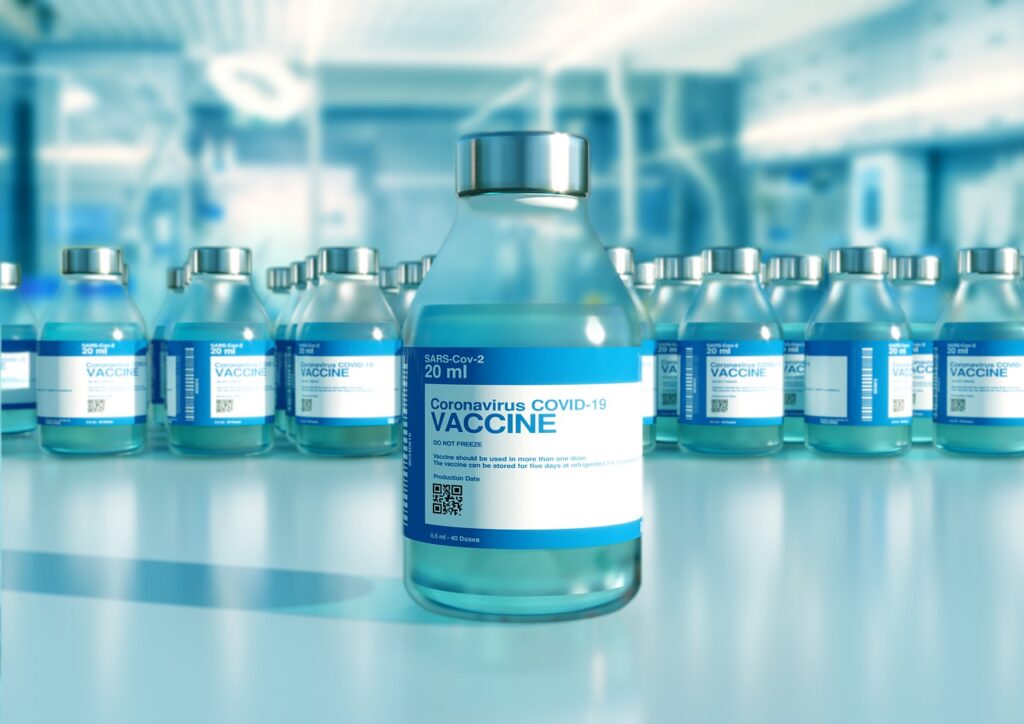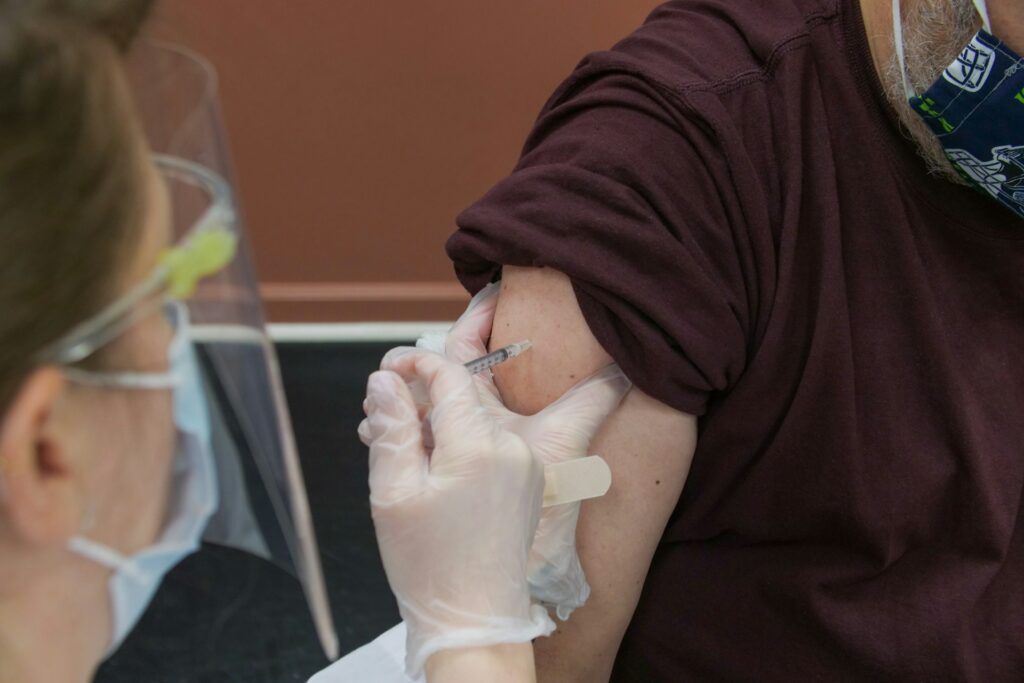While it deliberates on whether to support the expansion of the international waiver of IP protections for COVID-19 therapeutics and diagnostics, the United States Trade Representative (USTR) scheduled a public hearing from March 29-30, during which it’ll be accepting comments to help it make the final decision.
The USTR is accepting public requests to speak at the hearing through the end of Wednesday, March 15. It adds that the pre-hearing briefs and statements will be accepted until Friday, March 17, and written submissions through Friday, May 5.
Last summer, Bio.News reported that the World Trade Organization (WTO) agreed to a waiver of IP protections for COVID-19 vaccines, which essentially means that “developing countries that want access to patented COVID vaccine technology no longer need to contact the patent holder before issuing a compulsory license.”
WTO has now been considering a proposal to expand the waiver to therapeutics and diagnostics, which prompted concerns not only in the biotech industry but also in the Biden administration.
USITC analysis pending
Strong IP rights enabled the rapid development of COVID-19 vaccines, therapies, and diagnostics. Removing those rights for political reasons threatens innovation without improving the distribution of medicine.
Pointing out that the waiver was always “a political calculation,” the Biotechnology Innovation Organization’s (BIO) Deputy General Counsel for IP Hans Sauer warned that the broader waiver in consideration “may be quite extensive” and that “many of the medications that would lose their patents under a broader waiver were originally created to treat other diseases.”
Before deciding whether to support the IP waiver expansion, the Biden administration cited the need for an interagency review of the proposed expansion.
“Transparency is critical and USTR will continue to consult with Congress, stakeholders, and others as we continue working to end the pandemic and support the global economic recovery,” Ambassador Katherine Tai stated at the time.
In addition, the USTR also requested an in-depth analysis from the U.S. International Trade Commission (USITC). Specifically, USTR asked USITC to report on the market dynamics for existing COVID-19 therapeutics and diagnostics, the impact of an IP waiver on products not yet on the market and on products with other indications, the relationship between IP and research in the health sector, and the impact on jobs.
BIO opposes the waiver and expansion
In December, Bio.News reported that BIO CEO Rachel King wrote to U.S. Trade Rep. Ambassador Katherine Tai and the White House COVID-19 Response Coordinator Ashish Jah that BIO opposes the waiver and expansion, which “would send U.S.-developed innovative technologies and biomanufacturing jobs overseas.”
This, as King warned, would “weaken the ability for U.S. biotech firms-including the hundreds of SMEs involved in the development of COVID-19 therapeutics to compete globally and grow jobs domestically.”
King’s letter reiterated that it is both unwarranted and at odds with President Biden’s Executive Order on Advancing Biotechnology and Biomanufacturing Innovation for a Sustainable, Safe, and Secure American Bioeconomy that was aiming to “accelerate biotechnology innovation and grow America’s bioeconomy across multiple sectors, including health, agriculture, and energy.”
“The United States must insist on robust IP protections because other interests will continue to try to get access to patents and trade secrets through the WTO, UN, and WHO,” emphasized Deputy General Counsel Sauer.




